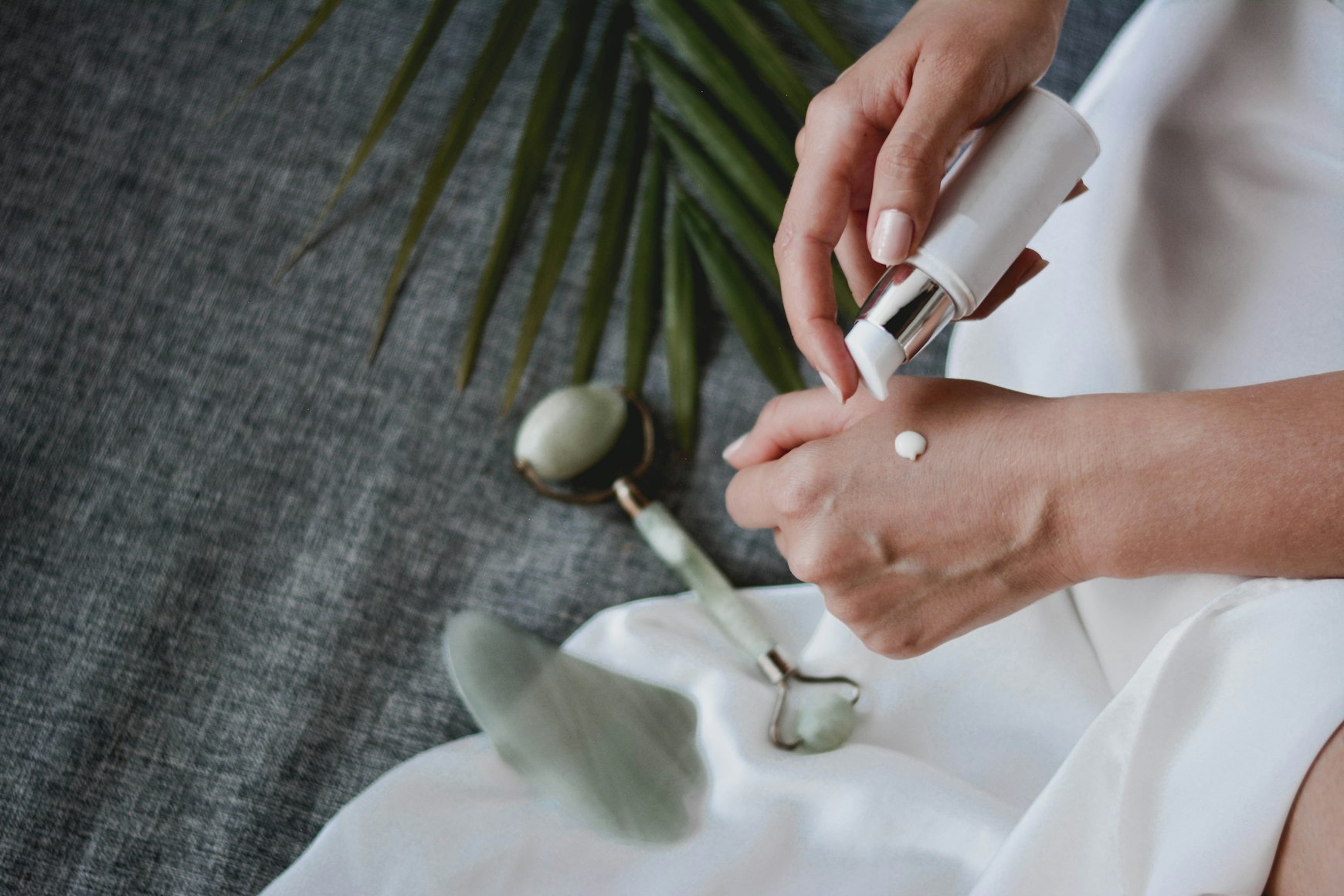
Retinol – the anti-aging hero: influencers are obsessed. Dermatologists adore it. Beauty editors are swooning over it. But here’s the irony: despite being widely sought after and hailed as one of the most effective anti-aging skincare products, the innovative youth-preserving miracle aka retinol cream continues to confound beauty enthusiasts.
Retinol is one of the most well-known skin care components. Retinol is an over-the-counter (OTC) retinoid that is derived (produced from) vitamin A and is generally used to treat mature-looking skin issues as well as acne. It does not remove dead skin cells like many other mature skin products. Instead, the tiny molecules that make up retinol go deep beneath the epidermis (outer layer of skin) to the dermis.
Once in this layer of skin, retinol aids in the neutralization of free radicals. This stimulates the formation of elastin and collagen, resulting in a ‘plumping’ effect that can help lessen the appearance of:
While retinol is occasionally used to treat acne and scarring, severe acne is generally treated with a prescription retinoid in conjunction with other drugs that target inflammation and germs. Finally, retinol exfoliates the skin’s surface, which can assist enhance texture and tone.
While retinol has been approved by the Food and Drug Administration (FDA), it is not without side effects. Retinol users frequently feel dry and irritated skin, especially when trying out a new product. Other possible adverse effects include redness, itching, and peeling skin.

To reduce these adverse effects, begin using your retinol cream or serum every other or third night, gradually increasing to regular use.
If you continue to have skin irritation, you should consult a dermatologist. Better still, consult with a doctor before beginning to use a retinol product to determine whether it is appropriate for your skin.
Again, although OTC retinol is accessible without a prescription, you should consult with a dermatologist before taking a specific brand. They can assist you in assessing your overall skin condition and recommending the best products for your specific needs. If you aren’t getting results using over-the-counter or drugstore remedies, your dermatologist may offer a prescription retinoid instead.
However, if you are not experiencing the desired aesthetic improvements after utilizing retinol, talk with a dermatologist about additional choices, such as:
Most OTC retinol products may require a few weeks of consistent usage to show benefits. Individuals who utilized retinol for 12 weeks had a “substantial decrease” in wrinkles, according to a study. Also, a more recent 2019 research discovered that using retinol for 8 weeks alleviated wrinkles around the eyes and on the neck.
You certainly can. According to the American Academy of Dermatology, if you use retinol products, your nightly routine should look like this:
Bakuchiol, a plant-based ingredient, can help you achieve bright skin. Bakuchiol, which is extracted from the leaves and seeds of the phytonutrient-rich Babchi (Psoralea corylifolia) plant, has 3 functions: to calm, soothe, and heal, as well as anti-inflammatory and anti-bacterial effects. It protects the skin from environmental stresses and pollutants as a powerful antioxidant, while also combating the primary indicators of aging by targeting free radicals.

Bakuchiol, like retinol, operates by promoting cell turnover. As a consequence, collagen synthesis is increased, which reduces wrinkles, skin laxity, and general photodamage. The only distinction? It is better accepted by those with dry sensitive skin and is highly suggested for people with oily or acne-prone skin.
The type of retinol that works best for you will be determined by your age and the demands of your skin. Here are some of our suggestions.